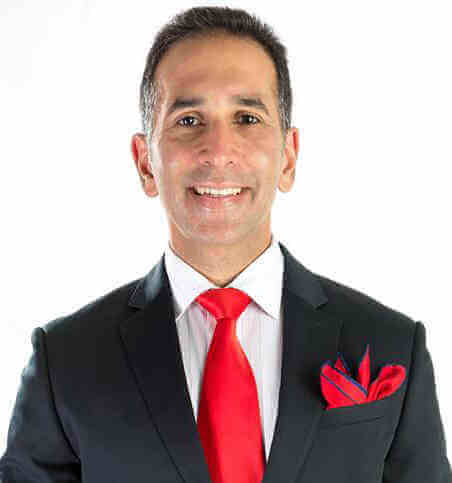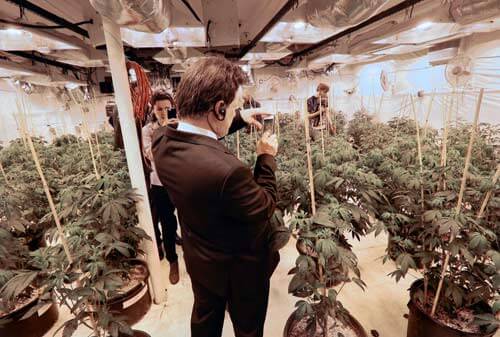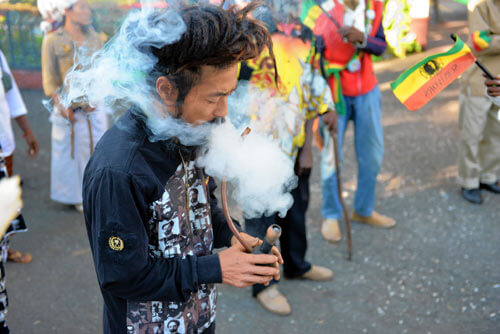Trinidad’s government is moving to the courts system to scrub convictions for small amounts of marijuana from the records of dozens of men after authorities rewrote the rules regarding marijuana possession for personal and religious uses in recent weeks.
On Friday, titular President Paula Mae Weekes signed off on legislation decriminalizing marijuana possession for adults found with up to 30 grams of weed for personal and religious uses. Households are also now allowed to have four plants in yards for family use without facing criminal prosecution. Fellow Caribbean Community member Antigua also has similar legislation.
The move means that Trinidad is now the latest nation in the region to move to overhaul stifling and draconian narcotics laws, which had seen hundreds of mostly young men being sent to prison over the decades for merely possessing a spiff for personal rather than commercial use or trafficking. The prison system also complained about overcrowding pressure this placed on correctional facilities.
Caribbean leaders had back in 2014 taken a decision to have a commission look at the entire marijuana issue in the wake of law amendments worldwide. The commission visited every member nation for town hall and other meetings. Overwhelming feedback from these sessions suggested that the time had come to have a fresh look at laws and to allow for decriminalization rather than legalization, allowing people to possess and use specific amounts of the plant mostly for medicinal, religious and personal uses. So Far Jamaica, Belize, Antigua and a few others have moved to implement new rules, including controlled farm cultivation for export to western nations.
On Monday Attorney General Faris Al Rawi led a government team to the high courts to apply for the release from prison of more than 100 persons, 14 of them children, who are either serving time or are on remand for marijuana possession. The application also included a request for police to remove fingerprints from databases of this group and to expunge their criminal convictions.
“We asked for in the second relief, we asked for a declaration that those persons identified would have the right to apply to Her Excellency the president for a pardon. The judge reserved on that point because an entitlement to do something he said he wanted to think about. If we were to leave that to normal course, it would mean that every single person would have to make individual applications to the court come up when the remand date comes up, it would just take months if not longer for the benefit of the law to be settled,” the AG said.
The new rules have some safeguards. Persons are banned from smoking in public places to avoid a free for all and in front of or near children. The AG also said that police would be on the lookout for persons driving or operating machinery while high on weed.
Critics say the move by Trinidad could put pressure on more conservative governments like Guyana, which is yet to address the issue to the extent as the others. Police, have however, not been arresting and charging persons for personal usage of marijuana based on signals from authorities.



























